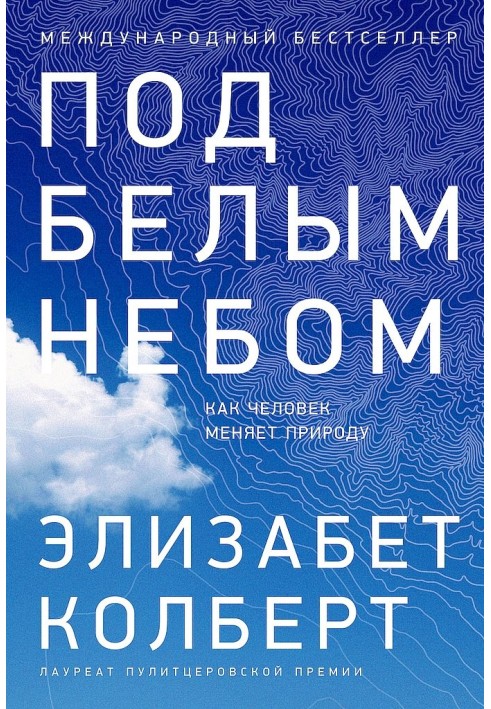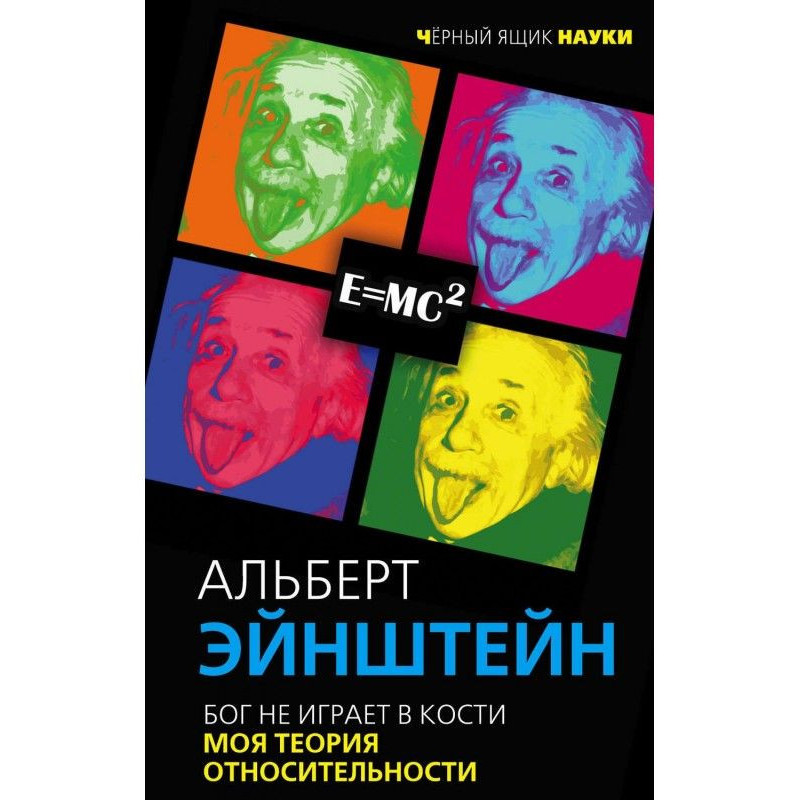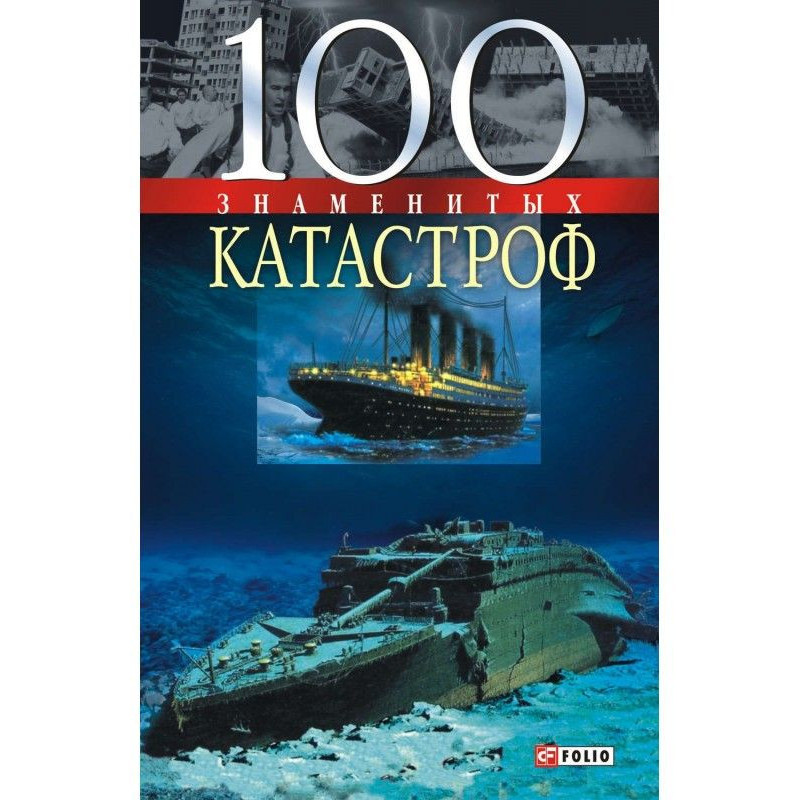Under a white sky. How man changes nature
 Instant download
Instant download
after payment (24/7)
 Wide range of formats
Wide range of formats
(for all gadgets)
 Full book
Full book
(including for Apple and Android)
People were predicted to have dominion “over the fish of the sea, and over the birds of the air, and over every living thing that moves on the earth,” and this prophecy became a reality. Our impact on the planet is so great that it is generally accepted that we have entered a new geological epoch: the Anthropocene. Pulitzer Prize winner Elizabeth Kolbert returns to the theme of humanity's impact on the environment and asks: Having done so much harm to nature, can we change it again - this time to save it? “The more particles that enter the stratosphere, the greater the likelihood of strange side effects. Scientists have found that if carbon dioxide levels are compensated using solar geoengineering, the appearance of the sky will change. Now blue skies will turn white.” For Colbert, the entire history of human civilization is a 10,000-year confrontation with nature. But the same approach that endangered life on the planet is increasingly seen as the only hope for salvation. In Under White Skies, she describes the new world we are creating, where physicists are already exploring the possibility of spraying tiny diamonds into the stratosphere to cool the Earth. In the Mojave Desert, she meets biologists who are trying to preserve the world's rarest fish; in Iceland, with engineers turning carbon emissions into stones; in Australia, with researchers trying to develop a “super coral” that can survive global warming. Colbert sometimes inspires hope, sometimes scares, sometimes makes you smile sadly. "Under a White Sky" is a story like no other about the challenges that face us all.
Data sheet
- Name of the Author
- Элизабет Колберт
- Language
- Russian
- Translator
- Константин Николаевич Рыбаков
Reviews
Вражаюча та важлива книга про наше майбутнє
Книга "Під білим небом" Елізабет Колберт є неймовірно актуальною та глибокою розвідкою про те, як людство впливає на природу та які наслідки це має для нашої планети. Авторка, лауреат Пулітцерівської премії, майстерно поєднує наукові дослідження з особистими історіями, що робить матеріал доступним і зрозумілим для широкого кола читачів. Вона не лише описує проблеми, з якими ми стикаємося, такі як глобальне потепління та вимирання видів, але й пропонує можливі рішення, які можуть допомогти врятувати нашу планету. Читання цієї книги змушує задуматися про наші дії та їх наслідки, а також про те, як ми можемо змінити ситуацію на краще. Колберт вміло балансуючи між надією та тривогою, спонукає нас до дії, нагадуючи, що ми маємо можливість не лише завдати шкоди, але й виправити свої помилки. Це не просто книга про екологію, а заклик до свідомого життя та відповідального ставлення до природи. Рекомендую всім, хто хоче зрозуміти, в якому світі ми живемо, і які виклики стоять перед нами















